They say that good fences make good neighbours. What this means, I think, is that having clear boundaries is a vital part of healthy relationships.
This is certainly true in psychology. Many therapists will talk about how important it is for emotional well-being, to be clear on what is me, and what is not me; and how unhealthy relationships can become when we don’t respect each other’s boundaries.
Whether or not good fences make good neighbours, they do make for good theology; at least, it’s important to have “theological boundary markers” when we try speak about the deep truths of the Christian Faith.
Take, for instance, the Incarnation—that is, what Christians believe happened when God came to us in the flesh and blood of Jesus Christ.
Traditionally Christians have held to three key beliefs about Jesus: that he was fully God; that he was fully human; and that these two natures—human and divine—were united together in one single person.
This can be hard to explain. What do we actually mean when we say that that Jesus was both God and human, two natures in one person?
In a way, it’s easier to say what we don’t mean by it, than to say what we do. And this is where good fences come in handy, because over the last 2000 years, a variety of heresies have cropped up regarding the nature of the Incarnation.
The word “heresy,” of course, tends to conjure up unsettling images from the Spanish Inquisition or something, but a heresy is really just a teaching about Jesus that the Church has carefully examined and decided it doesn’t express their experience or their beliefs truly.
Think of a heresy as a boundary marker for the Faith, a “fence” that helps us mark off what we don’t mean when we talk about the Mysteries of God.
There was a group of teachers, for instance, called the Ebionites. They taught that Jesus was not God at all; rather he was a great man who had attained special status with God. Essentially the Church looked at “Ebionism” and said: “No, that’s not what we experienced in Jesus. To say he was not God goes past one of the boundaries.”
In a similar way, some claimed that Jesus was not human—that he was God and only appeared to be human. This heresy is sometimes called Docetism, after a Greek word that means “to seem, or to appear.” And the church looked at Docetism and said, “No, that’s not it either. To say that Jesus was only God goes past another boundary.”
Later, a teacher named Arius would suggest that Jesus was not fully God—that he was divine, but a lesser, secondary god; and again, the Church said, “No: that’s not it either.” And so another boundary marker was placed: Jesus is fully God.
A teacher named Apollinarius taught that Jesus was not fully human; that he had the body of a human but the mind of God; and again the church said: “No, Jesus is fully human.”
Some taught that Jesus was not one person but two—the divine Jesus and the human Jesus. Some taught that Jesus’ nature was neither human nor divine, but some brand new sort of nature that had never existed before. Or that he started out as a man and became divine.
And Christians looked at each of these teachings in turn and said, “No, that’s not it.”
At the risk of oversimplifying a complex history, we might say that in this way, they set out the “boundary markers,” for what they didn’t mean when they said that in Jesus, God had come in human flesh. Jesus was not part-god-part-human, or a human that only seemed like god, or a god who only appeared human: he was fully human and fully God, two natures together in one person.
And while this may seem like so much theological hair-splitting to some, maintaining these boundaries is vital to a full and growing experience of the Lord Jesus; after all, just like good fences helps neighbours to thrive, good theological fences help our relationship with God to thrive.




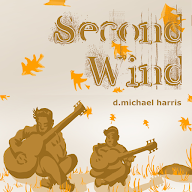
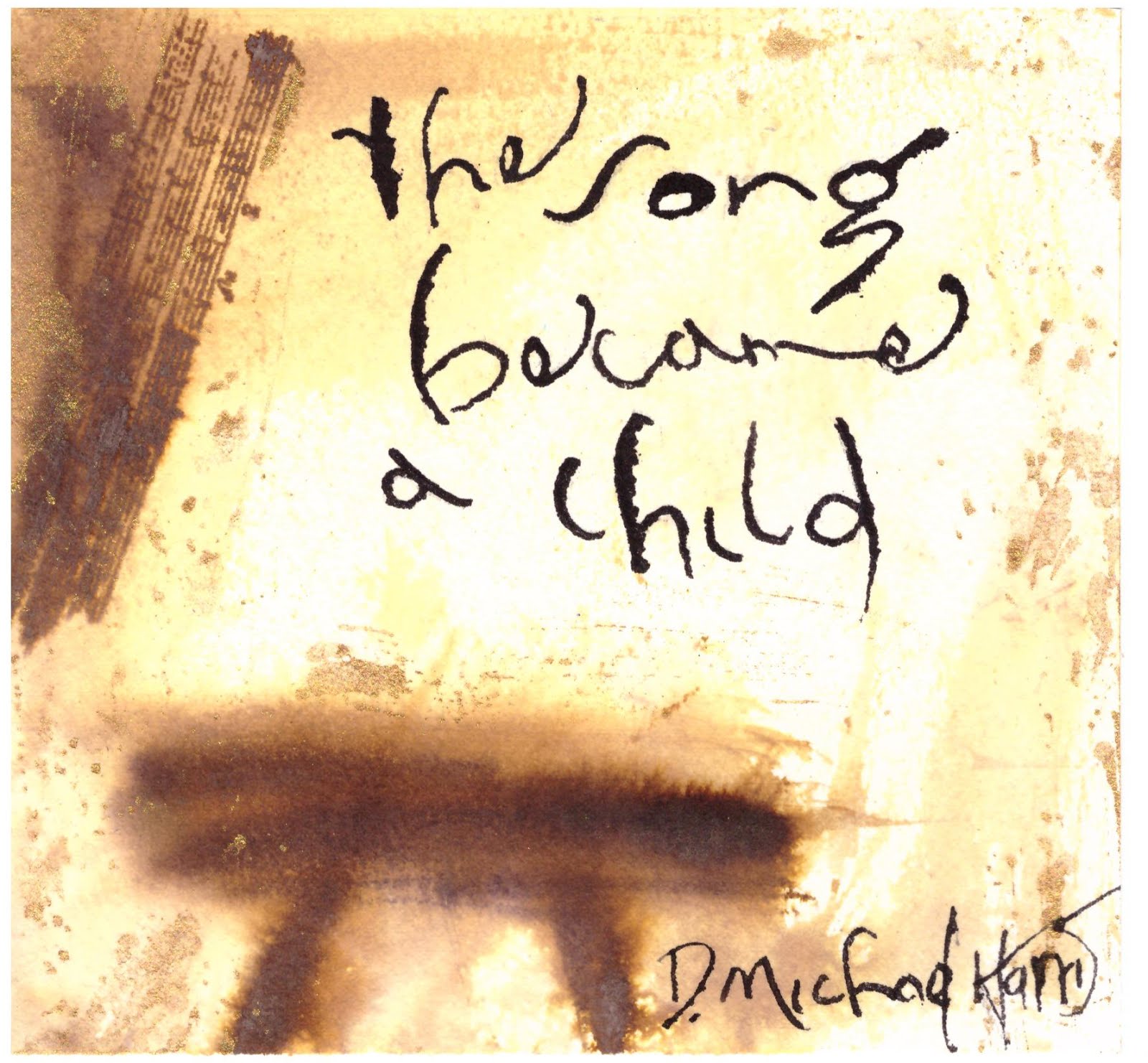


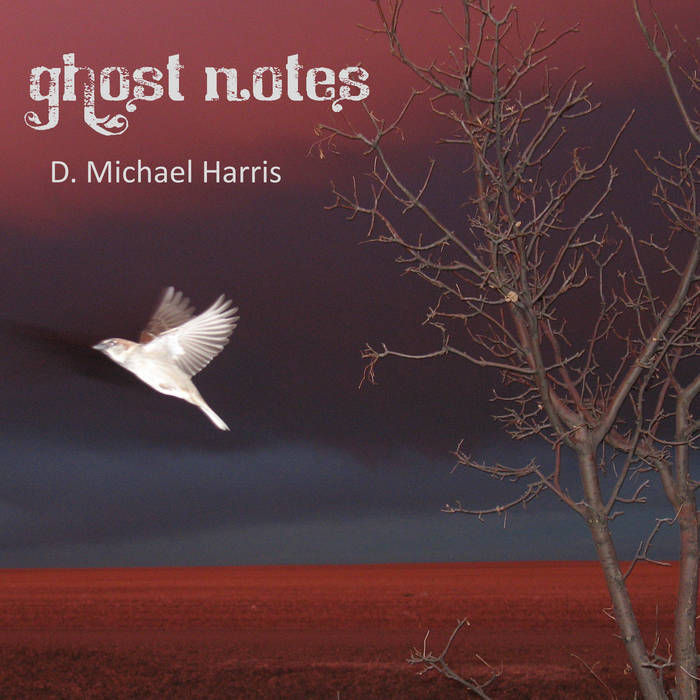
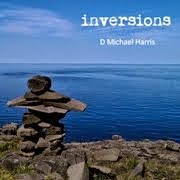
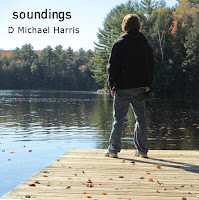


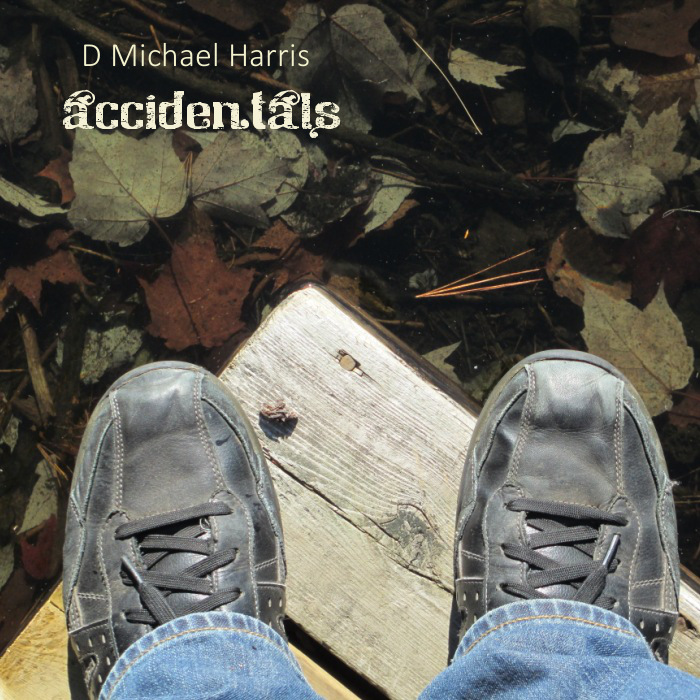
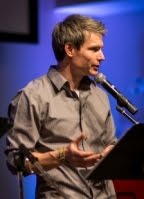







0 comments:
Post a Comment